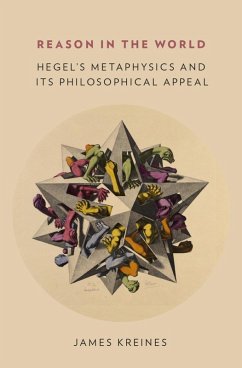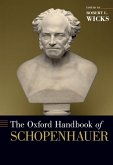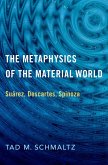This book defends a new interpretation of Hegel's theoretical philosophy, according to which Hegel's project in his central
Science of Logic has a single organizing focus, provided by taking metaphysics as fundamental to philosophy, rather than any epistemological problem about knowledge or intentionality. Hegel pursues more specifically the
metaphysics of reason, concerned with grounds, reasons, or conditions in terms of which things can be explained-and ultimately with the possibility of
complete reasons. There is no threat to such metaphysics in epistemological or skeptical worries. The real threat is Kant's Transcendental Dialectic case that metaphysics comes into conflict with itself. But Hegel, despite familiar worries, has a powerful case that Kant's own insights in the Dialectic can be turned to the purpose of constructive metaphysics. And we can understand in these terms the unified focus of the arguments at the conclusion of Hegel's
Science of Logic. Hegel defends, first, his general claim that the reasons which explain things are always found in immanent concepts, universals or kinds. And he will argue from here to conclusions which are distinctive in being metaphysically ambitious yet surprisingly distant from any form of metaphysical foundationalism, whether scientistic, theological, or otherwise. Hegel's project, then, turns out neither Kantian nor Spinozist, but more distinctively his own. Finally, we can still learn a great deal from Hegel about ongoing philosophical debates concerning everything from metaphysics, to the philosophy of science, and all the way to the nature of philosophy itself.
Dieser Download kann aus rechtlichen Gründen nur mit Rechnungsadresse in A, B, BG, CY, CZ, D, DK, EW, E, FIN, F, GR, HR, H, IRL, I, LT, L, LR, M, NL, PL, P, R, S, SLO, SK ausgeliefert werden.









